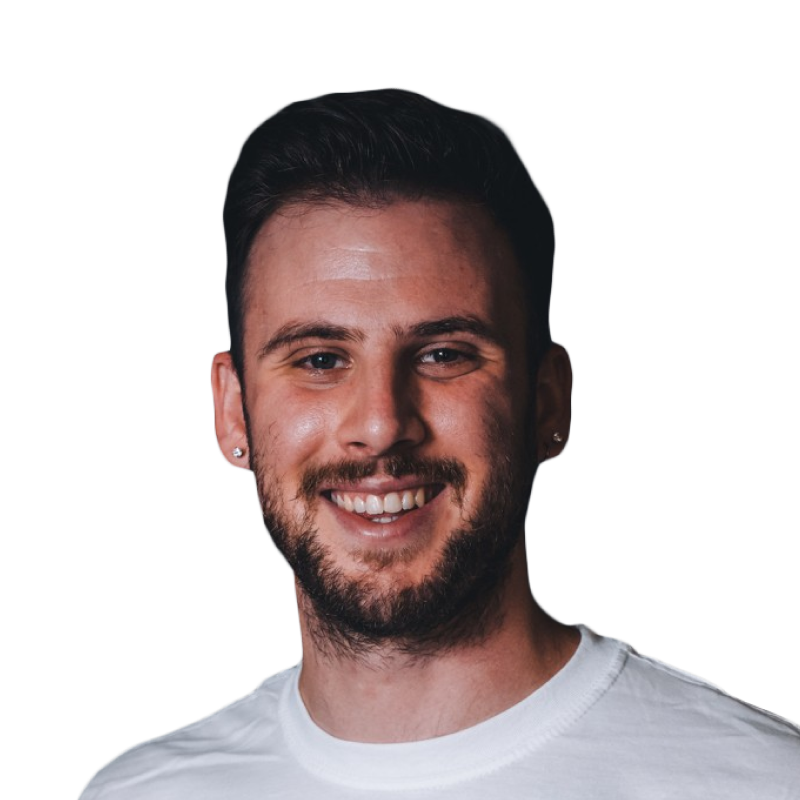Show Notes
"You have to grind away if you're going to hit that success."
In part one of our four-part series with Bogdan Knezevic, co-founder and CEO of Kaleidoscope, we hear how his family’s escape from war-torn Serbia to Canada forged a relentless work ethic and deep sense of purpose.
He reflects on adapting to a new culture, the resilience shaped by his parents’ sacrifices, and the early mentors who helped guide his path. In Canada’s diverse schools, his passion for science and math quickly took root.
As an elite swimmer and academic standout, Bogdan learned discipline and balance—skills that now define his approach to leadership and research.
Today, he’s focused on building collaborative, impactful ecosystems in science and business, driven by a commitment to paying it forward.
Key topics covered:
- The immigrant experience: How moving from Serbia to Canada shaped Bogdan's drive and worldview
- Building resilience and grit: Lessons from his parents’ sacrifices and adapting to change
- Early academic influences: A lifelong passion for science and math
- Discipline through athletics: Balancing elite swimming with academics taught focus and consistency
- The power of mentorship: The role mentors played—and how he now supports others in return
If you enjoy The Biotech Startups Podcast, please consider subscribing, leaving a review, or sharing it with your friends. Thanks for listening.
Resources & Articles
Fundamentals of Human Neuropsychology by Bryan Kolb: https://students.aiu.edu/submissions/profiles/resources/onlineBook/d7t3G4_0716795868_Fundamentals.pdf
The University of Calgary Neuroscience Program: https://www.ucalgary.ca/future-students/undergraduate/explore-programs/neuroscience
Rhodes Scholarship: https://www.rhodeshouse.ox.ac.uk/scholarships/the-rhodes-scholarship/
Organizations & People
Kaleidoscope Bio: https://www.kaleidoscope.bio/
Ken Lukowiak: https://www.linkedin.com/in/ken-lukowiak-2b9a689/?originalSubdomain=ca




